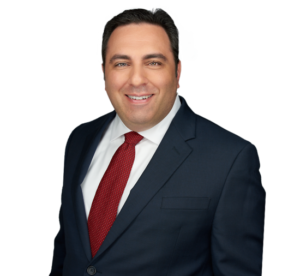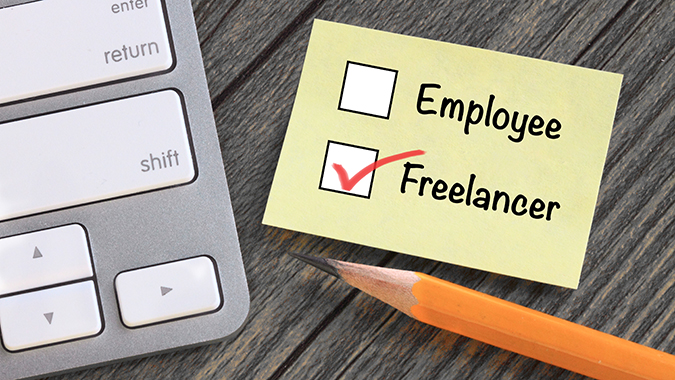
Social media is unregulated: Anyone can post anything at any time, and no regulatory agency can stop them. Only the social media companies themselves can control what’s posted, and even then, all they can do is remove a post after it’s public and the damage is done.
It’s natural to think that you cannot have a say about what your employees do on their own time and on their own personal accounts. But you can protect your business’s reputation, provided you let employees know upfront what is expected of them. And that goes for what they do on their Facebook and Twitter accounts, too.
Michael Shadiack, an attorney with the law firm Connell Foley, explained that employers should include employees’ social media activity in their handbook’s code of conduct, and make clear the code of conduct applies to employees even when they are not at work.
“These are the policies that you can utilize if you need to discipline the employee for engaging in inappropriate social media behavior,” he said recently at NJBIA’s virtual program Social Media Use, Misuse and Abuse program.
Learn More about the ADA at NJBIA's Workplace Accommodations: Cutting Through the Haze Seminar, April 24
Specifically, he suggested a policy in the code of conduct like this:
When engaging in social networking, blogging, etc., “The company must ensure that the use of these communications maintains our integrity and reputation while minimizing actual or potential legal risks, whether inside or outside of the workplace.”
How does this help?
A couple of years ago, a woman working at LA Fitness took a photo of an elderly woman who was showering in the LA Fitness locker room and then shared the photo on Twitter along with the message, “If I can’t un-see this, then you can’t either.” She was fired immediately and had her club membership revoked.
“Employers are not tolerating this behavior. And it’s not, ‘Hey please don’t do this again, and if you do, we’re going to give you a written warning,’” Shadiack said. “No, the employee is terminated! There’s no tolerance for that type of callous and insensitive behavior.”
The action doesn’t have to be as obviously inappropriate as the LA Fitness case. One guy got in trouble after he tweeted, on his own time, that a particular deep-dish pizza in Chicago is the best pizza in the United States. Why? He was the press secretary for New York Mayor Bill DeBlasio.
“There was public backlash in the New York newspapers,” Shadiack said.
“Employers are well-advised to maintain a lawful and carefully drafted social media policy in their employee handbooks,” Shadiack said.
Employers’ powers are limited, however. For one, they cannot take any adverse employment action if employees are talking about working conditions on social media. Those posts may be protected by the National Labor Relations Act, which gives employees the right to engage in “protected concerted activity” to bring about the mutual aid or protection of the workforce. Communications by two or more employees about wages and working conditions are protected, even if they are disparaging to the company. That applies to conversation on social media as well.




